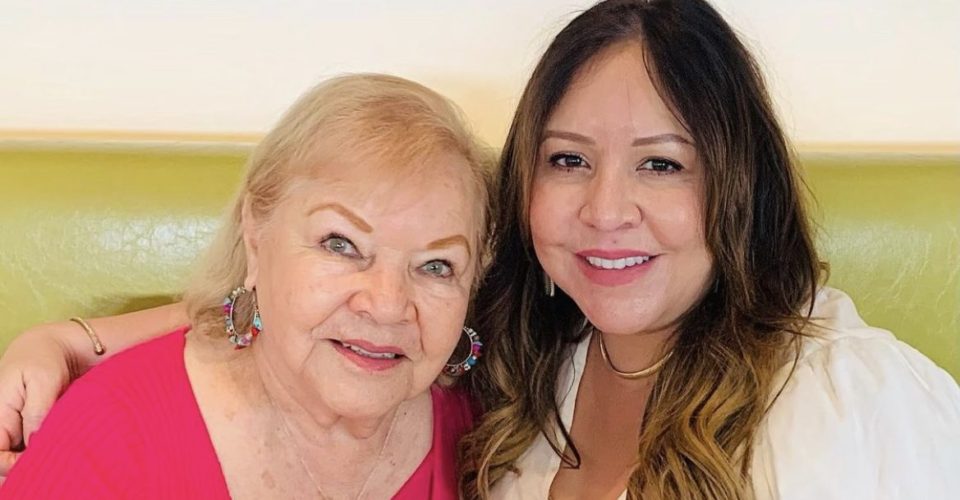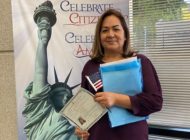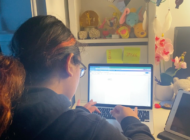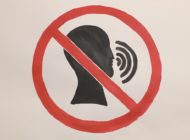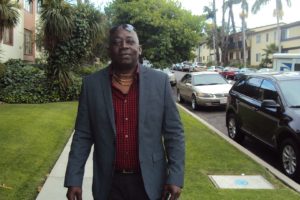Covid delayed citizenship for Marina Gomez and created limited job opportunity for Veronica Mendoza.
By JESSICA AVA LANGE
EL NUEVO SOL
Before the pandemic, Veronica Mendoza worked for an event planner. However, when events came to a stop during the shut-down, the only work she could find risked the well-being of her immunocompromised parents.
“There wasn’t any work!” said Mendoza. “I’m a skilled worker with a lot of experience, and the only places that wanted to hire me were below my qualifications.”
According to the Bureau of Labor Statistics, “nearly 30 percent of American workers, 41.6 million people, can work from home,” but workers that depend on essential work that doesn’t rely on an internet connection do not have that luxury. Therefore, Mendoza could only find front-line work and that increased the exposure of the virus to her family.
“I could have worked in fast-food or the grocery store, but I didn’t want to risk bringing the virus home,” said Mendoza.
Luckily, Veronica’s parents are retired with savings, so they were able to support her while she looked for a job. Veronica had some money saved up as well but had to spend it while she was looking for a job. Now that events are taking place again, Veronica is assisting for TaylorMade golf club functions.
Since the Coronavirus outbreak, millions of Americans have experienced hardship. Yet, it has disproportionately affected immigrants by limiting job opportunities to only essential workers and sending the immigration process into a massive catastrophe.
For example, “immigrants account for more than half of all domestic service workers [and] domestic workers are three times as likely to be living in poverty,” according to the Economic Policy Institute Organization (EPI.)
“Evidence to date suggests that black and Hispanic workers face much more economic and health insecurity from COVID-19 than white workers,” according to labor economist and director of the Program on Race, Ethnicity, and Economy at the EPI, Valerie Wilson.
Covid effected immigrants is a vast number of ways. As for Marina Gomez, her immigration citizenship was delayed for eleven months.
“I kept worrying because this was my first experience with U.S. citizenship,” said Marina.
It took Marina ten years to get her green card, so when she got her appointment to take her test, she started studying right away. Before Covid, the appointments for the test were usually scheduled one or two months out. But the test kept getting delayed for nearly a year because of Covid. During that time, Marina had to continue to remember all the facts needed for the test.
“I studied every day. I played YouTube videos while I was working and I studied in the car so I could remember everything I needed to know,” said Marina.
The global pandemic created a negative path to United States Citizenship due to office closures. The U.S. Department of State shut down routine visa services in March 2020. Applications were delayed and they require an in-person interview. They reopened on July fourteenth, but the availability for visa appointment is limited. Traditionally, applicants would meet in the office of the Social Security Administration (SSA). Then, they would be given a social security number about a week after. However, the SSA is backlogged due to Covid shutdowns.
According to the U.S. Citizenship and Immigration services, “The Department of Homeland Security (DHS) recognizes that there are immigration-related challenges as a direct result of the coronavirus (COVID-19) pandemic.”
Now local field offices and service centers have resumed appointments with Covid-19 precautions. Although, oath ceremonies have continued, they are much shorter.
“The ceremony was beautiful!” said Marina. “Because of Covid they make a group of 10-15 people two hours after the test. Before Covid, the ceremony would be one month later. It’s so fast now.”
Tags: citizenship COVID-19 Essential Workers immigration Pandemic






